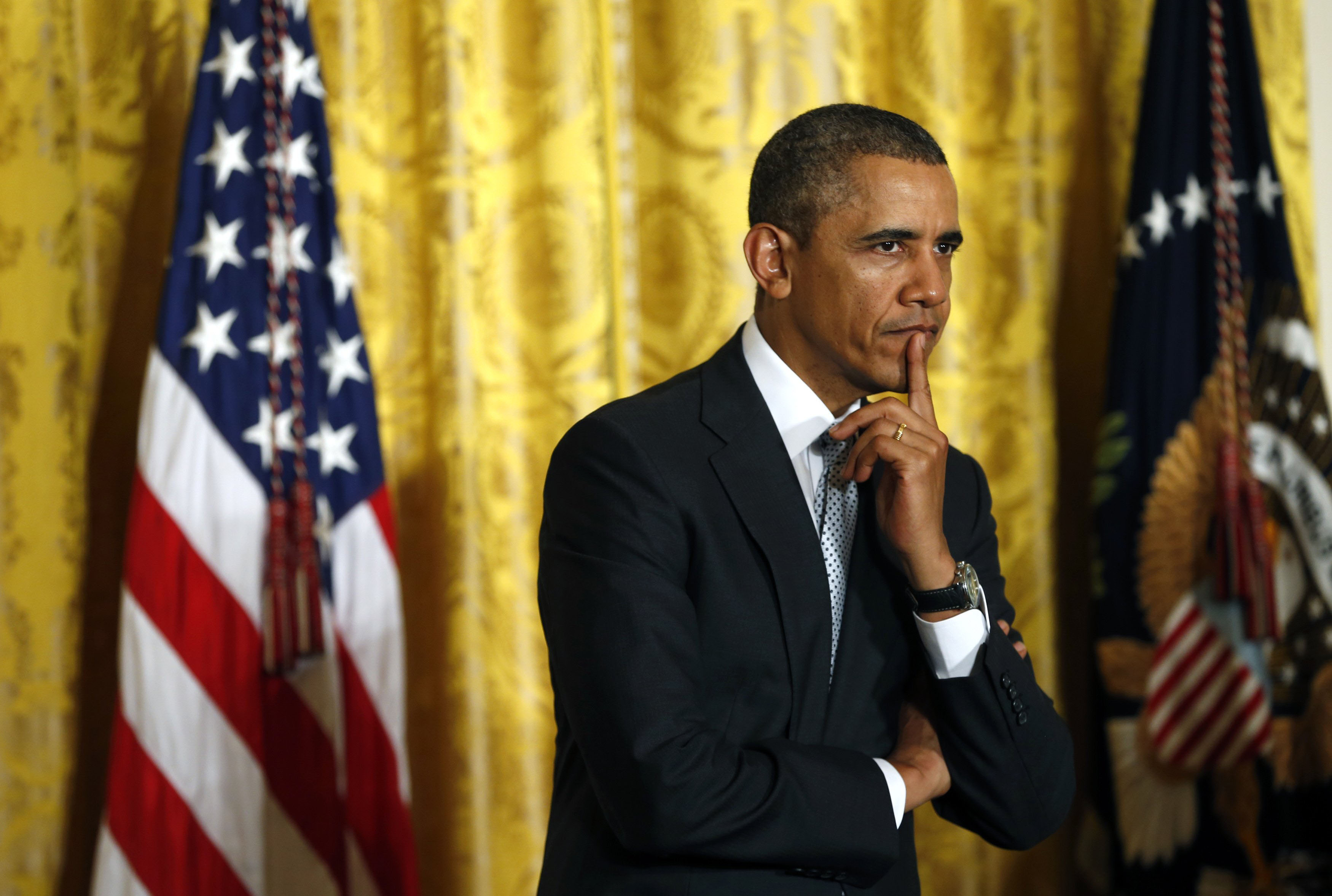The Japan-Australia free trade deal that lowers or ends tariffs on Australian beef and dairy exports to Japan and on Japanese exports of machinery, consumer electronics, auto parts and food products to Australia, now puts pressure on the United States — and President Barack Obama in particular — to make further concessions to advance stalled Trans-Pacific Partnership treaty negotiations.
But with growing opposition in the U.S. Congress toward the TPP, and especially to granting the president the authority to negotiate a deal with little input from the legislative branch, Obama is likely to have even less room to maneuver when he meets Prime Minister Shinzo Abe later this month.
With U.S. midterm congressional elections in November, a controversial international trade pact is likely to be the last issue most of those up for re-election will want to deal with. While a bipartisan bill to give the White House fast-track negotiating authority has been introduced, Senate Majority Leader Harry Reid and House Minority Leader Nancy Pelosi have come out against it. Over 150 Democrats have also indicated their opposition, as have many members of the tea party faction of the Republican Party.



